Wherever there is a human being, there is an opportunity for kindness. – Lucius Annaeus Seneca.
Did you leave a trail of kindness or a scar of discontent? Those were the closing questions in John Hall’s Poem “At Day’s End.” Everyone is going through something you know nothing about – a sickness, divorce, loss, grief, anxiety, worry, financial woes etc. You never know how far your kind words or deeds can go in uplifting someone through a challenging period.
I have learned silence from the talkative, toleration from the intolerant, and kindness from the unkind; yet, strange, I am ungrateful to those teachers. – Khalil Gibran
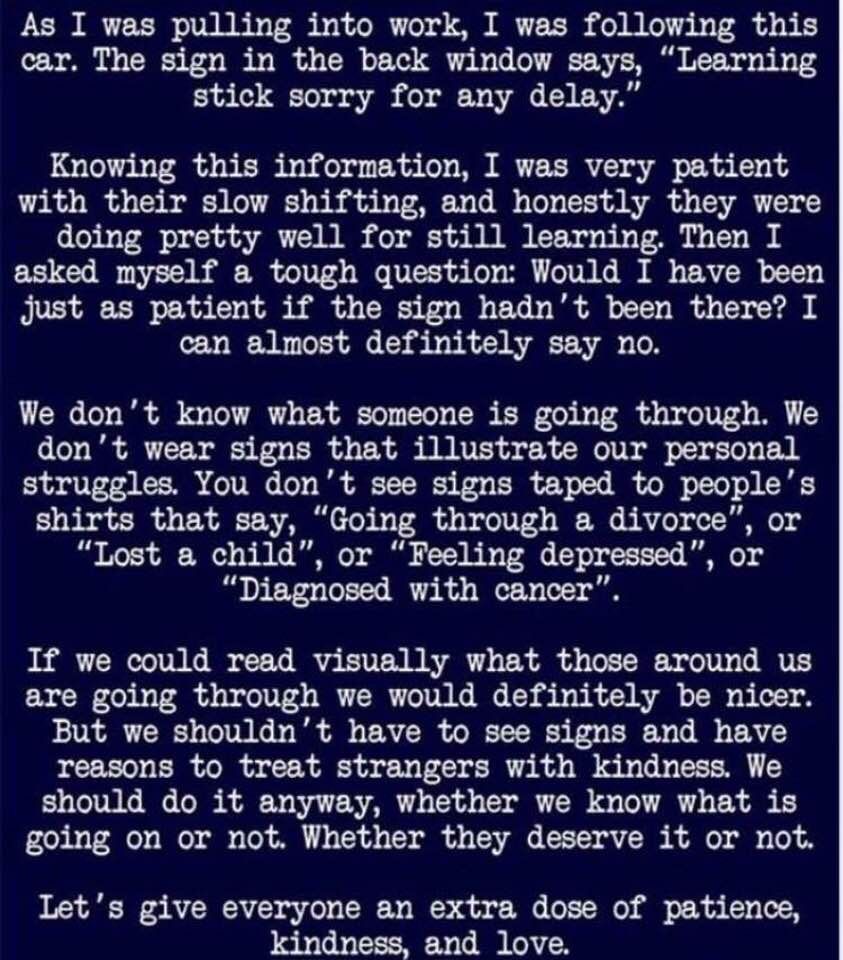
In his ground-breaking book, the seven habits of highly effective people 1, author Stephen Covey shared a story that highlights the need to show kindness as we don’t know what people are going through. Covey writes about his encounter with a man and his three kids in a subway car.
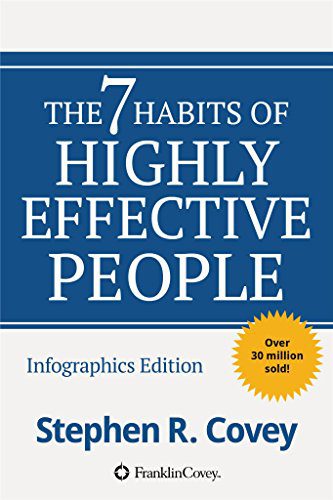
I remember a mini-paradigm shift I experienced one Sunday morning on a subway in New York. People were sitting quietly—some reading newspapers, some lost in thought, some resting with their eyes closed. It was a calm, peaceful scene.
Then suddenly, a man and his children entered the subway car. The children were so loud and rambunctious that instantly the whole climate changed.
The man sat down next to me and closed his eyes, apparently oblivious to the situation. The children were yelling back and forth, throwing things, even grabbing people’s papers. It was very disturbing. And yet, the man sitting next to me did nothing.
It was difficult not to feel irritated. I could not believe that he could be so insensitive as to let his children run wild like that and do nothing about it, taking no responsibility at all. It was easy to see that everyone else on the subway felt irritated, too. So finally, with what I felt was unusual patience and restraint, I turned to him and said, “Sir, your children are really disturbing a lot of people. I wonder if you couldn’t control them a little more?”
The man lifted his gaze as if to come to a consciousness of the situation for the first time and said softly, “Oh, you’re right. I guess I should do something about it. We just came from the hospital where their mother died about an hour ago. I don’t know what to think, and I guess they don’t know how to handle it either.
Can you imagine what I felt at that moment? My paradigm shifted. Suddenly I saw things differently, and because I saw differently, I thought differently, I felt differently, I behaved differently. My irritation vanished. I didn’t have to worry about controlling my attitude or my behavior; my heart was filled with the man’s pain. Feelings of sympathy and compassion flowed freely. “Your wife just died? Oh, I’m so sorry! Can you tell me about it? What can I do to help?” Everything changed in an instant.
“We pass through this world but once, so do now any good you can do, and show now any kindness you can show, for we shall not pass this way again.”
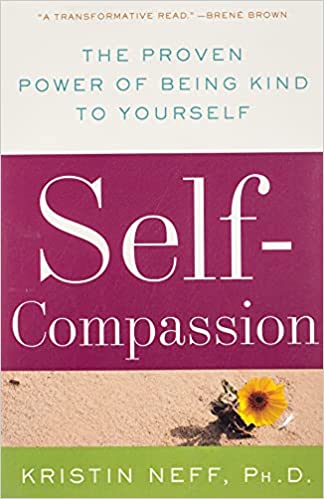
Self-kindness, by definition, means that we stop the constant self-judgment and disparaging internal commentary that most of us have come to see as normal. It requires us to understand our foibles and failures instead of condemning them. It entails clearly seeing the extent to which we harm ourselves through relentless self-criticism, and ending our internal war.
Whenever you notice you are in pain, you have three potential courses of action.
- You can give yourself kindness and care.
- You can remind yourself that encountering pain is part of the shared human experience.
- You can hold your thoughts and emotions in mindful awareness. 2
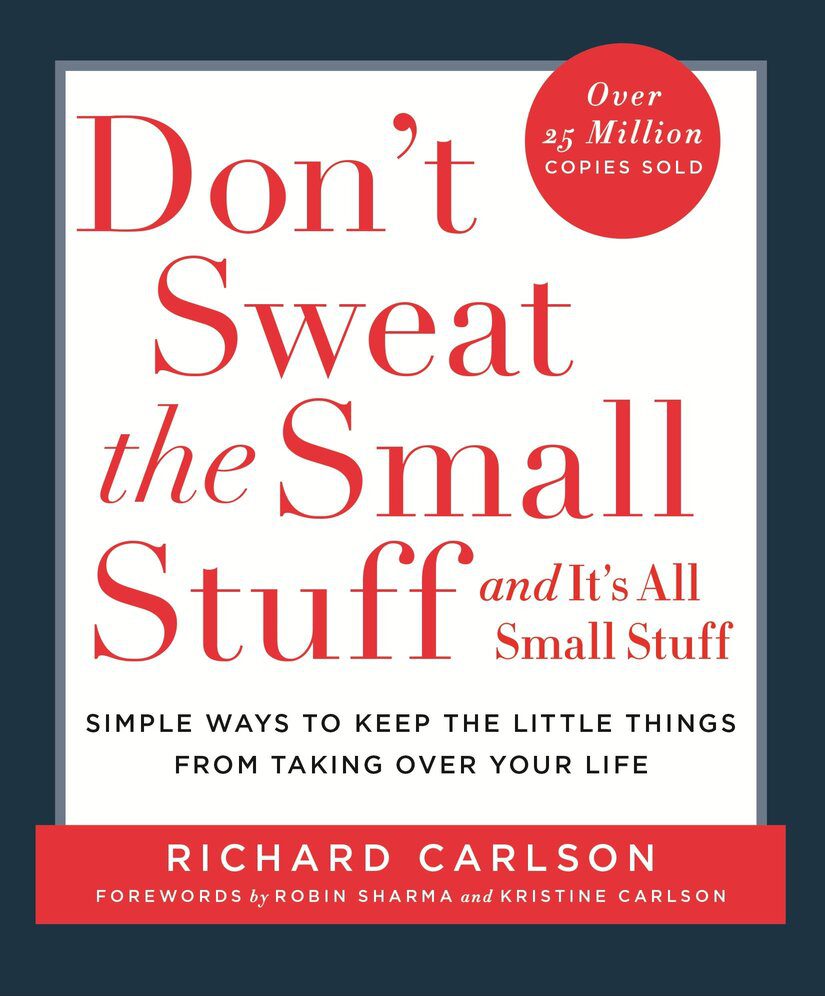
While many of us frequently do nice things for others, we are almost certain to mention our acts of kindness to someone else, secretly seeking their approval. When we share our own niceness or generosity with someone else, it makes us feel like we are thoughtful people, it reminds us of how nice we are and how deserving we are of kindness.
While all acts of kindness are inherently, wonderful, there is something even more magical about doing something thoughtful but mentioning it to no one, ever. You always feel good when you give to others. Rather than diluting the positive feelings by telling others about your own kindness, by keeping it to yourself you get to retain all the positive feelings.
It’s really true that one should give for the sake of giving, not to receive something in return. This is precisely what you are doing when you don’t mention your kindness to others – your rewards are the warm feelings that come from the act of giving. The next time you do something really nice for someone else, keep it to yourself and revel in the abundant joy of giving. 3
George Saunders Group 88, professor of English and author of The New York Times best-seller Tenth of December, advises the 2013 graduating students at the Syracuse College of Arts and Sciences “Err in the direction of kindness.“
Success is like a mountain that keeps growing ahead of you as you hike it), and there’s the very real danger that “succeeding” will take up your whole life, while the big questions go untended.
So, quick, end-of-speech advice: Since, according to me, your life is going to be a gradual process of becoming kinder and more loving: Hurry up. Speed it along. Start right now. There’s a confusion in each of us, a sickness, really: selfishness. But there’s also a cure. So be a good and proactive and even somewhat desperate patient on your own behalf–seek out the most efficacious anti-selfishness medicines, energetically, for the rest of your life.
Do all the other things, the ambitious things–travel, get rich, get famous, innovate, lead, fall in love, make and lose fortunes, swim naked in wild jungle rivers (after first having it tested for monkey poop)–but as you do, to the extent that you can, err in the direction of kindness. Do those things that incline you toward the big questions, and avoid the things that would reduce you and make you trivial. That luminous part of you that exists beyond personality–your soul, if you will–is as bright and shining as any that has ever been. Bright as Shakespeare’s, bright as Gandhi’s, bright as Mother Theresa’s. Clear away everything that keeps you separate from this secret luminous place. Believe it exists, come to know it better, nurture it, share its fruits tirelessly.
And someday, in 80 years, when you’re 100, and I’m 134, and we’re both so kind and loving we’re nearly unbearable, drop me a line, let me know how your life has been. I hope you will say: It has beens so wonderful.
“Err in the direction of kindness.“
Meditation
- Daily Calm with Tamara Levitt – Wisdom
- Three Types of Wisdom: Wisdom we hear from others, Intellectual Wisdom, Experiential Wisdom
- Wisdom we hear from others, perhaps in a conversation where someone impacts a truth.
- Intellectual Wisdom, we go further into intellectual understanding, perhaps by reading a book, taking a course,
- Experiential Wisdom, we experience truth and insight first-hand for ourselves. The most powerful, the one that leads to transformation and liberation. The wisdom that arises through our own experience.
I hear and I forget. I see and I remember. I do and I understand. – Confucius
- Daily Jay with Jay Shetty – Rumination
- Rumination doesn’t benefit us when stuck in a spiral, repeating a negative script. When you ruminate, you are re-stressing yourself about something you can’t change, which can damage your physical and mental health over time.
- Strategic Distraction, deliberately shifting your awareness by doing a challenging crossword puzzle or an energizing workout session. Give your body and mind a break which enables you to move on. Show yourself compassion and know that by simply noting what is happening and naming it, you can decrease the power that rumination has over you.
Podcast
- Olympic Gold Medalist Mikaela Shiffrin on Blocking Out Toxic Mental Noise To Achieve Greatness EP 1470 | The School of Greatness
All the Best in your quest to get Better. Don’t Settle: Live with Passion.
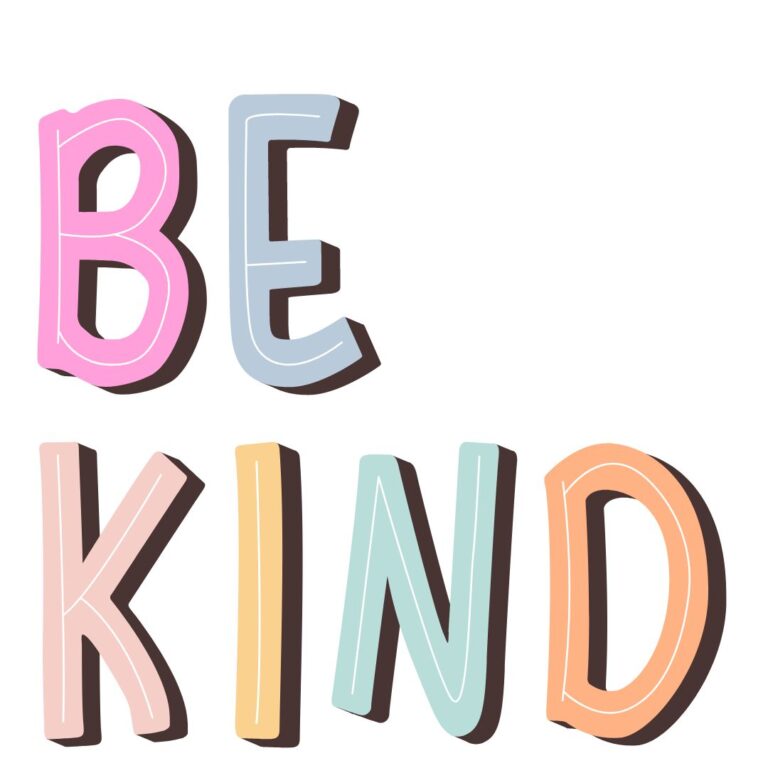

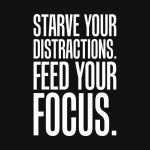
Comments are closed.